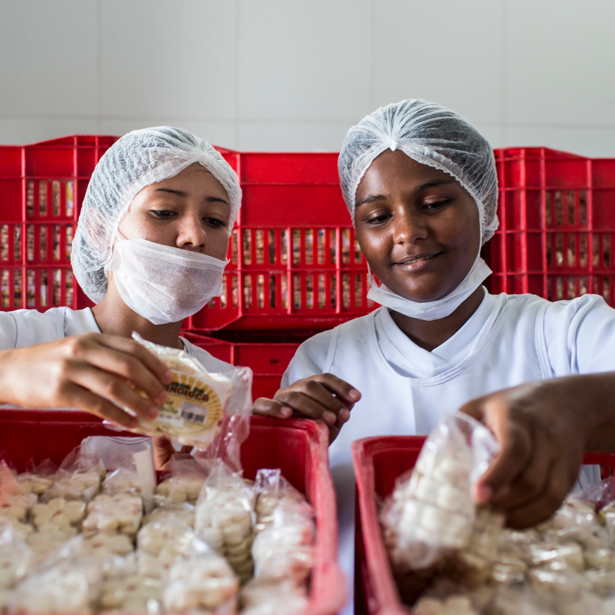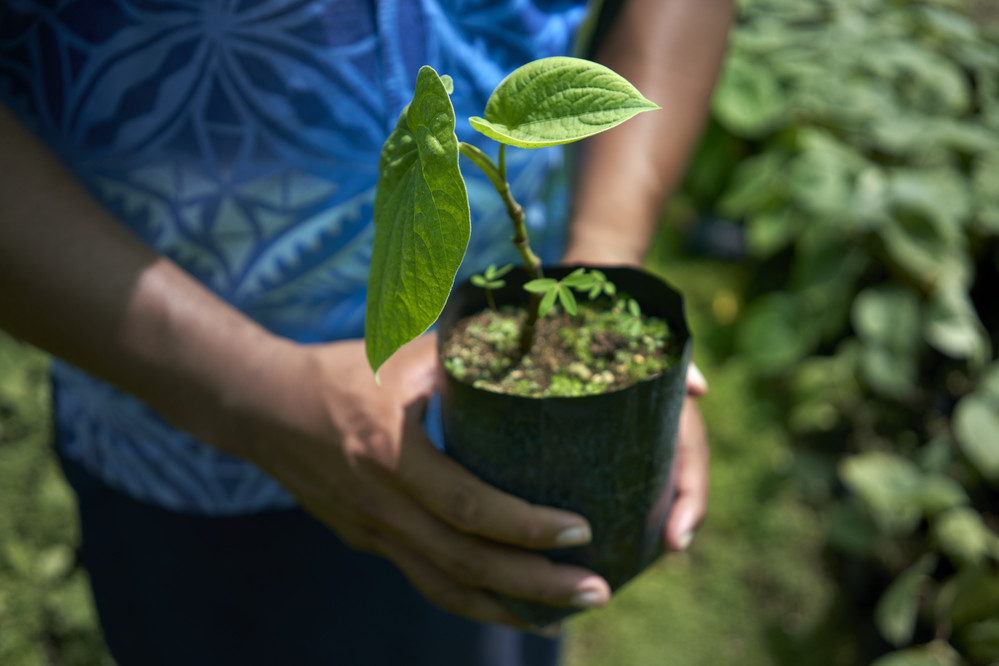COP28 is serving a full menu of food systems discussions and negotiations. With a full day focused on the climate-food-water nexus, this year’s summit is the first to place a central focus on the effects of, and solutions from, the agriculture sector for the planet since the annual meetings kicked off in 1995. This growing attention is a welcome development for members of the Smallholder and Agri-SME Finance and Investment Network (SAFIN), who collaborate to ensure that small businesses in agriculture and farmers are seen, heard and financed by key stakeholders. Climate finance has gained significant traction among SAFIN members in recent years, due to the strikingly low amounts that trickle down to small-scale farmers and the pressing need for common impact measurement mechanisms to attract more climate finance for agriculture. This brief guide summarizes key sessions to follow on the agricultural finance agenda at the climate summit.
Where are the agricultural finance discussions at COP28?
- Bridging the gap: IFAD’s role in climate finance for smallholder farmers | 01 Dec at 15:30–16:30
This event aims to shed light on climate finance for agriculture, to underline the current challenges and gaps, and to introduce innovative mechanisms to address these issues, with a focus on adaptation and nature financing for smallholder rural communities. The event will present findings from the Climate Policy Initiative (CPI), which reflects the global landscape of climate finance. Venue: Food Pavilion. Follow the event.
- Launch of ARCAFIM – The Africa Rural Climate Adaptation Financing Mechanism | 02 Dec at 11:00-12:00
The Africa Rural Climate Adaptation Finance Mechanism (ARCAFIM) is a blended finance risk-sharing and technical assistance facility, that catalyzes up to USD 700 million of private sector climate change adaptation (CCA) investments in small producers and micro, small and medium-sized enterprises (MSMEs) in rural areas of Kenya, Rwanda, Tanzania and Uganda. Venue: Food Pavilion. Follow the event.
- Pioneering evidence-based blended finance instruments for food systems transformation | 02 Dec at 14:00-15:00
Food systems are grappling with a large financing shortfall to transition towards a net-zero, nature-positive, and inclusive economy. The existing financing architecture alone cannot bridge this gap without innovative and scalable financing solutions grounded in robust evidence. This event explores these solutions. Venue: Food Pavilion. Follow the event.
- Financial Solutions for Local Adaptation: Lessons Learned from Mesoamerica | 03 Dec at 15:00-16:00
This session showcases long-term financial mechanisms for forests and people regarding nature-based solutions for climate, biodiversity and rural development. It will also share the evaluation of ecosystem services, tailored to local conditions and adaptation measures, to leverage private and public finance. Venue: SE 5 Room, Blue Zone. Follow the event.
- Transforming the food system, solving for climate: The role of private finance | 04 Dec at 11:00-12:00
The food system has the potential to become a significant nature-based solution for climate change. However, this will require transformation in many areas. This event will set out what private finance needs to do, and by when, the economic risks if financial institutions fail to act, and the climate, nature and societal benefits if they do. Venue: Food Pavilion. Follow the event.
- Climate action for resilient livelihoods: Setting pathways for systemic solutions | 08 Dec at 11:00-13:00
This session will present ongoing initiatives from UN agencies that target enhanced resilience in livelihoods around the world and discuss how comprehensive and systemic approaches could be developed and implemented. It will provide examples covering the adaptation cycle: assessment, planning, implementation and monitoring, from different locations and contexts around the world. These examples will reflect locally-led climate solutions focused on water, agriculture, coastal sectors, and community-based planning. Venue: UNCDF Pavilion, Blue Zone
- Farmers and traditional producers at the heart of food systems transformation | 10 Dec at 09:00-10:30
Farmers and other smallholders are at the heart of the climate crisis. They suffer the most from the impacts of climate change and can contribute substantially to resilience and mitigation, but are often marginalized in climate policymaking. This event highlights smallholder producers as part of the climate solution as well as approaches and innovations developed by smallholder producers for themselves. Key focuses include agroecology, climate-smart agriculture, regenerative agriculture, family farming, and agro-biodiversity. Venue: Blue Zone Learn more.
What’s on our COP28 reading list?
- The Climate Finance Gap for Small-Scale Agrifood Systems
This report by the Climate Shot Investor Coalition (CLIC) and the Climate Policy Initiative (CPI) examines the climate finance going specifically to small-scale agrifood systems, to identify gaps and opportunities for action in this crucial but under-researched sector. Read now.
- Untapped Potential: An analysis of international public climate finance flows to sustainable agriculture and family farmers.
This report by Climate Focus, on behalf of family farming networks representing over 35 million farmers in Africa, Latin America, Asia and the Pacific, reveals that only a tiny proportion of public climate finance is spent on family farmers and sustainable agriculture. Read now.
- Green finance as a critical lever for delivering sustainable agrifood systems – A global landscape study
This document provides evidence that the current green finance trends favour the development of the clean energy industry, whereas smallholder agriculture has not had the same success. It purports that sustainable financing mechanisms through innovative instruments and business practices are potential solutions. Read now.
- Addressing supply and demand constraints in scaling green finance for agri-SMEs
This publication explores possible approaches to address the challenges that funders and financial intermediaries face in disbursing green finance, and those that producers and SMEs face in accessing it. These include developing partnerships with local financial service providers (FSPs) and incentivizing the adoption of green finance by both FSPs and agricultural SMEs. Read now.
Is your institution a member of SAFIN? Log into our members’ portal to connect with other members participating in COP28. Access Pulse by SAFIN.

